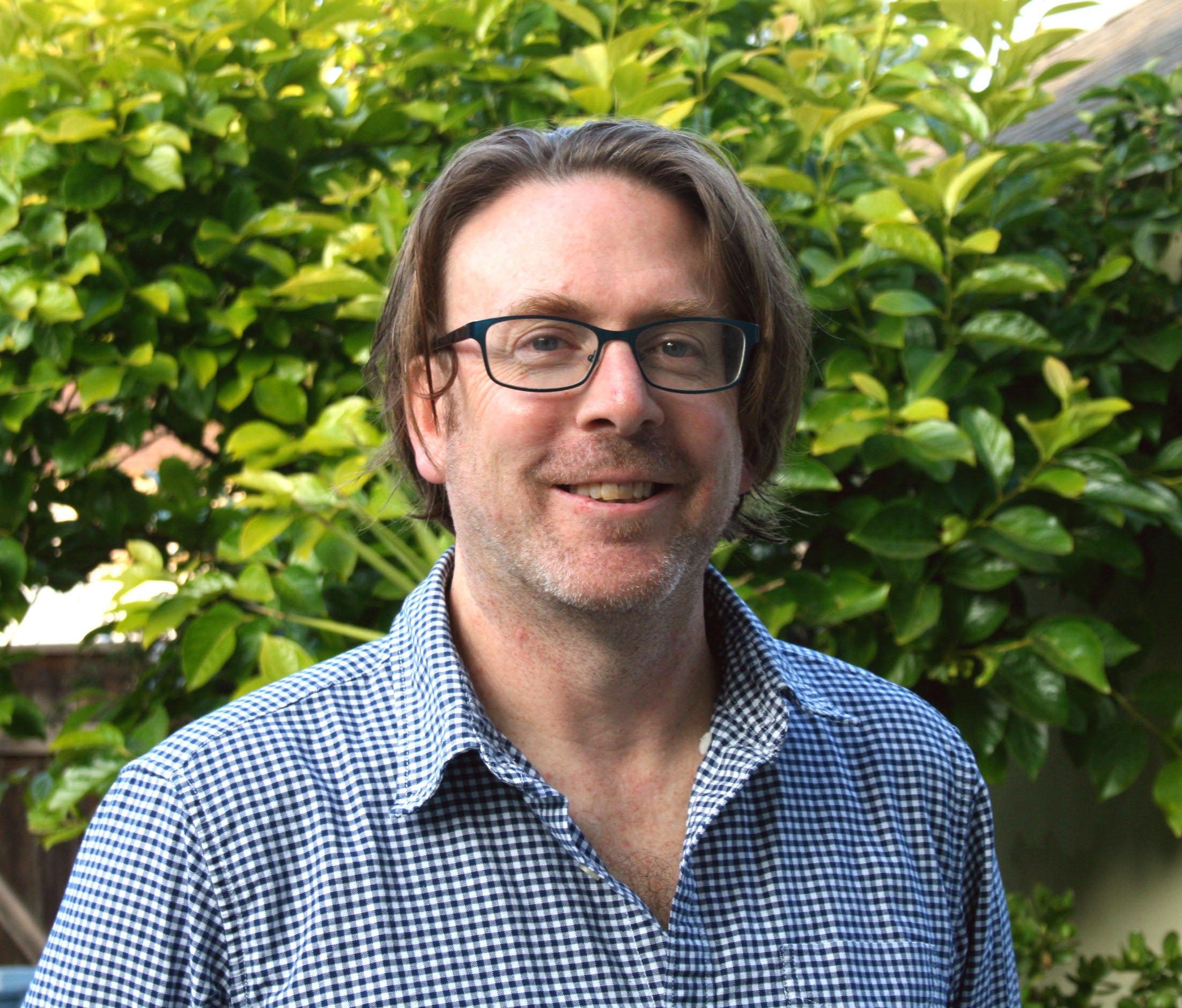By Nazim Karim
"The Academies have a dual mission: to provide an outstanding education to exceptional students from diverse backgrounds, and to provide world-class training for a growing corps of inspiring teachers." His Highness the Aga Khan, Peterson Lecture, Meeting of the International Baccalaureate, Atlanta, April 18, 2008
Trading hemispheres, oceans, and cultures, two California State University, Northridge (CSUN) professors arrived at the Aga Khan Academy (AKA) Mombasa, last week. They are there for a three- week program designed to provide professional development for the Academy’s teachers and to learn more about the Academy and its teaching methodology.
![]()

Excited about her first trip to Africa, Prof. Kathleen Rowlands remarked that she is always willing to meet new people and experience different cultures, because "the more people can learn about each other, the safer the planet can become." Her interests coalesce with the Academy’s International Baccalaureate program, which emphasizes multicultural understanding and awareness. As professor in Secondary Education, she has spent more than 20 years teaching college students majoring in K-12 education how to teach high school English, directs the CSUN Writing Project, and teaches English Methods for credential candidates, as well as several courses in the English Education MA program.
Focused on improving student literacy, this visit will allow Prof. Rowlands an insight into the Academy's approach to teaching English and creative writing, and to discuss the latest research with the staff. The Academy in Mombasa provides students with an international standard of education, regardless of socio-economic background, ethnicity, religion or gender. It's emphasis on critical thinking and inquiry-driven student learning reflects CSUN's own approach.
Brian Foley is also a CSUN Professor of Secondary Education and, as the Director of the Educational Technology Master of Arts program, he has worked with hundreds of teachers on research related to educational technology. His own research looks at applications of technology for science education including gaming and game building for science learning. Prof. Foley is particularly impressed with the Academy's diverse student population, its emphasis on training future leaders and on music, the latter being a subject that is increasingly finding less support due to budget constraints in California schools.
This initiative is a result of the Memorandum of Understanding signed in January 2018 between the Academies and CSUN, that calls for collaboration between them in a broad range of activities in education, including lectures, research, and training. This project is a result of the Agreement for Cooperation signed between the Ismaili Imamat (Office of the Aga Khan) and the State of California in 2009, whereby both express a commitment of their agencies and institutions to support partnerships in areas of mutual interest, including education, health science, disaster risk management and environmental management.

CSUN currently partners with more than 100 institutions of higher education in 22 countries around the globe and attracts the second-largest international student population of any U.S. Master’s-level institution. Its Michael D. Eisner College of Education College prepares quality educators, administrators and other professionals to serve the needs of the region. CSUN hopes to attract more international students to its programs, and to expand partnerships with educational institutions of high caliber, such as AKA, broadening opportunities for CSUN graduates to teach abroad.
This collaboration with AKA Mombasa is the first one undertaken by CSUN on the African continent, and will broaden its knowledge of educational systems in other cultural environments. Visiting professors will compare notes and learn more about the Academy's program to improve teacher training in Mombasa area schools.
Jonathon Marsh, Global Manager for Professional Development at Aga Khan Academies is enthusiastic about this initiative, saying: “Having an opportunity to host CSUN faculty members at the Aga Khan Academy in Mombasa has proven to be a very rewarding experience for everyone involved. Having educators come together to share expertise and benefit from a wide array of professional experiences, forged in different national and cultural contexts, is a great example of how pluralism can serve to benefit all. I know the Academy teachers greatly value the practical knowledge and advice they have received from the CSUN Faculty, and by all accounts the visiting faculty members themselves have had a chance to learn and expand their understanding of how good practice may need to be modified and adapted to suit new contexts.”
This professional development program will further enhance the ability of the Academy to provide education of a world class standard in Kenya and assist CSUN in developing additional international relationships and learning about other educational systems. Potentially, this initiative could lead to student and teacher exchanges in the future.
In his 2008 Peterson lecture, the Aga Khan noted that "In a world of rapid change, an agile and adaptable mind, a pragmatic and cooperative temperament, a strong ethical orientation - these are increasingly the keys to effective leadership." The emphasis on developing culturally sensitive, ethical leaders who can enact positive change in their societies is a hallmark of the Academies. This focus, not found in most schools in other parts of the world, will provide an interesting and different perspective to the CSUN professors.









